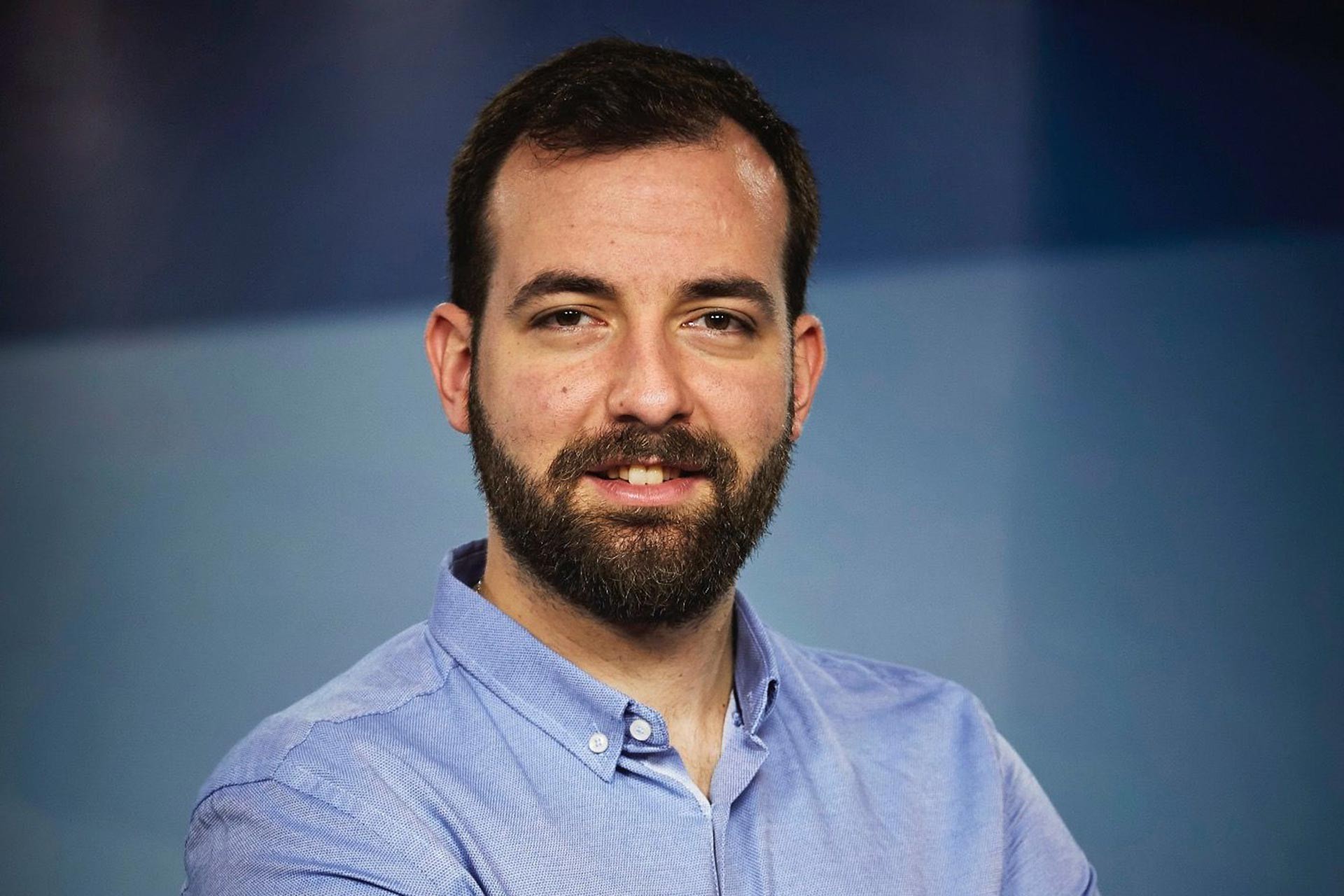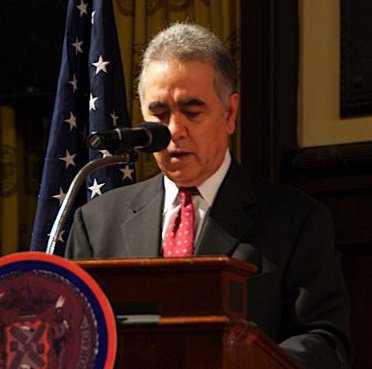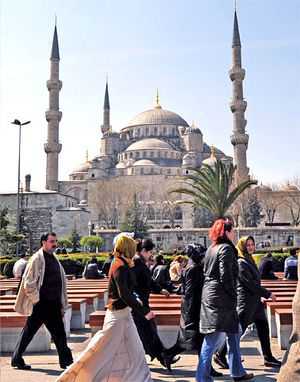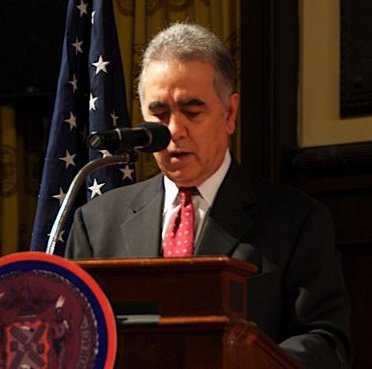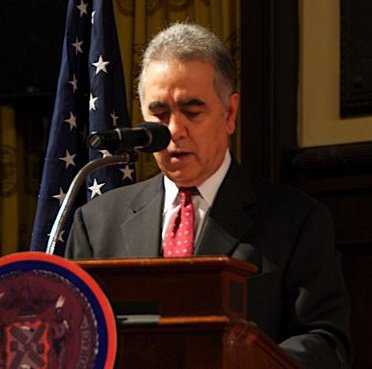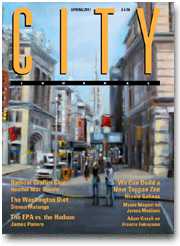Claire Berlinski
The Sound of Turkey Clapping
Thoughts on the recent elections, mostly ignored around the world
22 June 2011
Having long before accepted a lecturing assignment on Hillsdale College’s Baltic Cruise, I wasn’t in Istanbul for the June 12 general election. So despite months of following the campaign in minute detail, when it actually happened, I was physically and metaphorically isolated from the mood in Turkey. There was some value to that: contemplating the pale, glassy, silent Baltic Sea puts Turkish hysteria in perspective.
And hysterical—and ugly—the election campaign was, marked by terrorist attacks, including one on the prime minister’s convoy; the release of sex tapes starring opposition leaders; blackmail; vulgar anti-Semitic rhetoric; insane conspiracy theory upon insane conspiracy theory; a scandal revealing the rigging of college entrance exams; the arrests of more military officers on charges of coup plotting (these arrests have been going on for years); threats by leading Kurdish politicians to set the country ablaze; serious efforts by Kurdish terrorists to do precisely that; growing Internet and press censorship; the last-minute discovery of 10 million new voters on the electoral rolls, only half of whom could even remotely be explained by Turkey’s changing demography; and noise, constant noise. It had become difficult even to imagine five minutes without the sound of loudspeakers blaring from campaign buses, or the prime minister’s bellowing voice, mute only for a few notable minutes when at one rally his teleprompter failed, leaving him staring speechless into the void.
Yet in the end, the Turkish people spoke. The only deaths related to the election, on the very day, appear to have been of natural causes. Given that this region is not known for its gift for democracy, the world applauded a bit too loudly that an election was held at all. Turkey won the Democracy Special Olympics! It occurred to few foreign observers that going into rapture over the mere fact of an election in the Islamic world was deeply patronizing, the clear unspoken message being, “You’re a credit to your kind.”
The Justice and Development Party, or AKP, was expected to win, and it did. The AKP increased its take of the vote to 50 percent, a strong showing over the last election in 2007, but did not achieve a super-majority, which would have permitted the prime minister’s party to draft a new constitution on its own. Nor did the party achieve a majority sufficient to take a draft constitution to a referendum with its own votes in parliament. The opposition Republican People’s Party, or CHP, did better, electorally, than it has since 1977. Overall, owing to the peculiarities of the Turkish electoral system, the AKP actually lost seats in the 550-seat Grand National Assembly, with its numbers declining from 341 to 326. For those hoping to see some limits imposed upon the prime minister’s power, the results were decent, but not great.
In a gesture either lacking sensitivity to historic resonance or perfectly attuned to it, Prime Minister Erdoğan delivered a victory speech from the balcony of his headquarters in Ankara. His tone was magnanimous. “No one should doubt,” he said, “that we will protect the dignity, faith, and lifestyles of those who did not vote for us.” Shortly afterward, he offered to drop most of his libel suits against private individuals, politicians, and journalists who had insulted him (except the suits against those who were really beyond the pale). The world cheered. Few noted the grotesquerie of the implicit suggestion that Turkish citizens’ right to say what they please is granted at their ruler’s pleasure. Numerous journalists who before the election had been tentatively critical of the ruling party fell quickly into line. No hope of getting rid of them, I imagine they thought, it’s time to fawn. Journalist Mehmet Ali Birand, whose enthusiasms are an excellent guide to Turkey’s power dynamics—whoever has it, he’s for them—summed it up: “Bravo, well done. There is no word to be uttered now.”
Geographically, the AKP’s electoral hold reached the Aegean. The party gained considerable ground even in the West, the country’s contested territory. Conventional wisdom holds that the economy was, again, the major factor in the AKP’s success. This is likely true, at least up to a point, but one shouldn’t discount the competence of the AKP’s electoral machine in winning votes. The AKP has indeed presided over a long period of economic growth, but Turkey hasn’t become as wealthy as outside media tends to assume. It is still a poor country. Most people here have difficult lives. AKP politicians are good at talking to poor people and making them feel as if they care. The opposition hasn’t mastered this yet.
Probably, the AKP is now Turkey’s permanent ruling party. Students of politics call it a “dominant party system,” one in which one party consistently obtains twice as much of the electoral pie as the runner-up. That seems to describe Turkey.
From my distant perspective in the Baltics, I was struck by the rest of the world’s indifference. Few knew these elections were taking place; few cared. It’s widely believed in Turkey that foreign powers are eternally meddling in Turkish politics. Meddling? They’re oblivious. Turkey is a minor curiosity to the world beyond its own borders, at best. Westerners on the cruise asked me, “Are they our friends?” When I tried to explain the complicated answer, eyes glazed over. It might have dismayed me, but after a few weeks of travel, I began to wonder if the indifference didn’t contain its own wisdom. What is Turkey, compared with ruined Russia, with its aging nuclear arsenal, under the control of corrupt, ruthless drunks? Compared with Europe, rapidly confronting the failure of its grand integration project? Compared with America, now fighting three wars and its own economic meltdown? Compared with Iran, surveying its imploding neighborhood covetously, preparing for its new role as regional hegemon? Compared with China, soon to be the major center of Pacific power, if American fears prove correct? Turkey is, in fact, by comparison, just not that important. It is only Turkey that cares about Turkey.
Yet this message posted by a friend on Facebook still made me feel a flicker of pity:
To me, yesterday’s elections was not a matter of numbers in the parliament. To me, it showed that as a nation, we don’t have the capacity to choose right from wrong. Yesterday Turkey voted for the guy who cheated in the major exams which would also determine the voters’ kids’ future. They were cheated and they still said “yes.” Turkey voted for a man who believes he has the right to tell you what to read, see or know (internet censorship). Turkey voted for a man whose minister talks of the “female” citizens as “a girl or a woman, whatever” meaning if she is a virgin or not (girl-woman difference, especially in Turkish), meaning if she is a prostitute. She is a “bitch” in the eyes of Erdoğan’s ministers because she speaks, she uses her right to express herself. People complain about using the most expensive fuel but still voted for this guy. People voted for a man who supports three kids in a family when he knows (and will do his best to keep it that way) that these three kids will not have education to question his authority or what he does. To him, all these three ignorant kids will grow up to be his “voters.”
This picture is to me darker than the number of seats. Because I believe numbers can change but only slightly unless the mentality changes which is impossible when the nation is so blind to see what is going on. And I who says this am nothing more than a 30-year-old translator with a knowledge of literature and history but not particularly of political science, no one smarter than the majority. As a young woman in Turkey, I feel dead when I look at the big picture.
As of today, Turkey is more f*cked than ever. People who support freedom and rights or issues like education, we will be buried alive here. But who cares, we are dead already.
No, I wrote back, you’re not dead yet. And since you’re alive, you’ll have to keep fighting. That’s the way it goes in a democracy, and at least Turkey is that, however compromised. It’s the worst form of government except for all the others that have been tried. That’s all the West ever promised you about it.
Claire Berlinski, a City Journal contributing editor, is an American journalist who lives in Istanbul.

